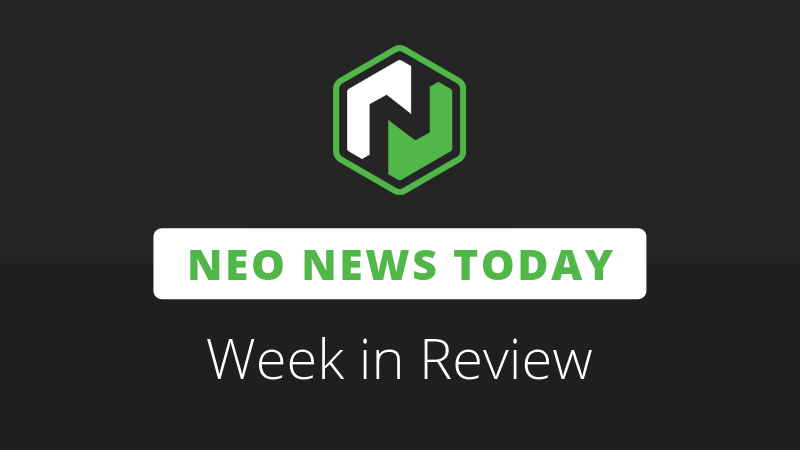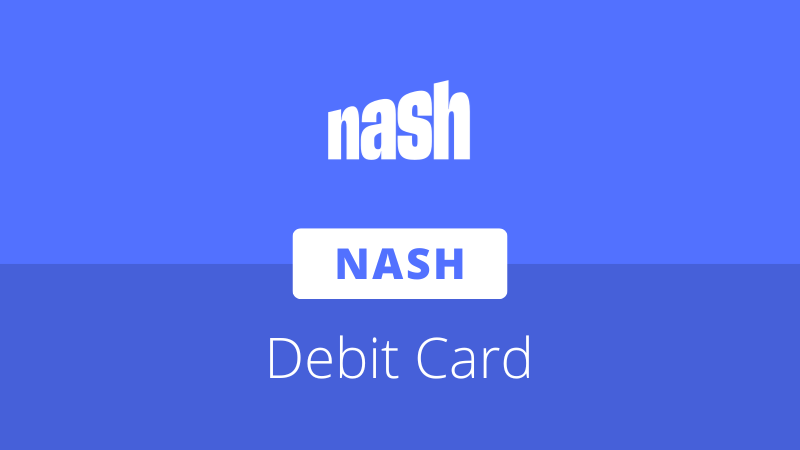
Neo SPCC has released several updates across its core products and services, including upgrades for key NeoFS components and a NeoGo patch release to fix errors with NeoFS block fetching.
NeoGo
The latest NeoGo release builds on the work done in v0.107.0 and v0.107.1 to bring NeoFS-based block synchronization to the node, adding a fix for hanging that could occur on request retries. After completing work on block fetching from NeoFS, the team will begin to look at using the decentralized storage solution for state snapshots.
The `RemoveUntraceableHeaders` extension was added as an experimental change that reduces database size by not storing block headers beyond the max traceable block setting.
Though the update does not require resynchronization by node operators, NeoGo users should note that the NeoFSBlockFetcher service now includes default values for most parameters.
NeoFS Node
Neo SPCC recently upgraded the NeoFS node to v0.44.0, introducing a high-performance FSTree writer and new utility commands. The team has issued two patch releases in the weeks since.
The first patch, v0.44.1, brought changes to local object PUT operations and concurrency limits for notification handling. Three bug fixes were also included to remove a false negative on object PUT from a container node, fix metabase resynchronization failures, and add graceful handling for config validation errors.
The following minor release was issued to correct node startup failures that could occur if metabase migration was not completed successfully.
REST Gateway
The NeoFS REST Gateway provides developers with a familiar interface with which they may interact with the NeoFS protocol. This simplifies the process of integrating NeoFS into various applications.
The v0.11.1 release was a minor update focused on bug fixes. Developers running their own REST Gateways should upgrade to benefit from corrected HTTP code responses, fixes for requests hanging after incorrect container creation, and the gateway now adhering to network setting changes.
Faster blocks for NeoFS
In a video report covering the team’s October and November development progress, Neo SPCC talked about their intention to move public NeoFS networks to have lower block times. This was decided after seeing the positive results from the time-constrained benchmark tests performed earlier in the year.
A one-second block time has been selected, which will become the new expected time to complete on-chain actions such as container creation and EACL modification. To ensure that the node database size can be managed with the new block time requirements, the adjustment was delayed until work on the NeoFS BlockFetcher service was completed.
In the same report, the team notes that the NeoFS MainNet currently has four times as many containers and 10 times as much data as the previous year. However, recent simplifications to NeoFS interactions for users and developers via Panel and the REST Gateway are hoped to help further improve these numbers in the new year.







About The Author: Brett Rhodes
Brett is a blockchain enthusiast and freelance writer who originally began producing content for the gaming & eSports industries. Now he spends most of his time contributing in the Neo ecosystem.
More posts by Brett Rhodes